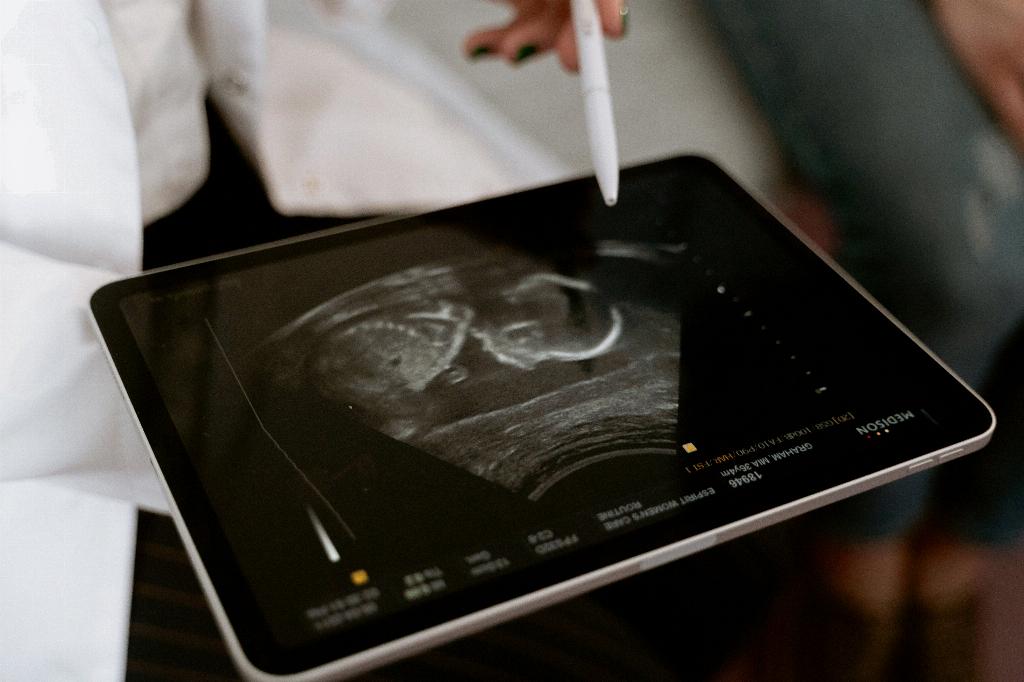When it comes to the use of Montelukast and Fexofenadine during pregnancy, caution is advised. The safety of combining these medications in pregnant women has not been definitively established. As a result, healthcare providers typically recommend using these drugs during pregnancy only if the potential benefits outweigh the potential risks.
Montelukast is a drug commonly used to treat allergies and asthma, while Fexofenadine is an antihistamine often used to relieve allergy symptoms. While these medications can be effective in managing certain conditions, their safety during pregnancy is a topic of ongoing research and debate.
It is essential for pregnant women to consult with their healthcare providers before taking any medications, including Montelukast and Fexofenadine. These conversations can help assess the individual circumstances and determine the best course of action to ensure both the mother’s health and the baby’s well-being.
Pregnant women should be aware of the potential risks associated with using Montelukast and Fexofenadine during pregnancy. These risks can include possible effects on fetal development and overall pregnancy outcomes. Therefore, it is crucial to weigh these risks against the benefits of taking the medications.
Although there is limited information available on the safety of Montelukast and Fexofenadine specifically during pregnancy, healthcare providers may consider alternative treatment options or adjust the dosage of these medications to minimize potential risks to the mother and the developing fetus.
One of the key considerations when evaluating the safety of Montelukast and Fexofenadine during pregnancy is the potential impact on the unborn child. It is essential to balance the need for symptom management with the potential risks these medications may pose to the developing fetus.
For pregnant women who have been prescribed Montelukast and Fexofenadine, close monitoring by healthcare providers is crucial. Regular check-ups and assessments can help detect any potential complications early on and allow for timely intervention to protect the health of both the mother and the baby.
While the safety of Montelukast and Fexofenadine during pregnancy may not be fully understood, healthcare providers can provide valuable guidance and support to pregnant women navigating treatment decisions. Open communication and collaboration between patients and providers are essential in making informed choices about medication use during pregnancy.
Ultimately, the decision to use Montelukast and Fexofenadine during pregnancy should be based on an individual risk-benefit analysis conducted in consultation with a healthcare provider. This personalized approach can help ensure that the benefits of treatment outweigh any potential risks and that the health of both the mother and the baby is prioritized.
In conclusion, while the safety of Montelukast and Fexofenadine during pregnancy is not fully established, pregnant women should approach their use cautiously and in consultation with their healthcare providers. By weighing the potential risks and benefits, individuals can make informed decisions about the appropriateness of these medications for their specific circumstances.

